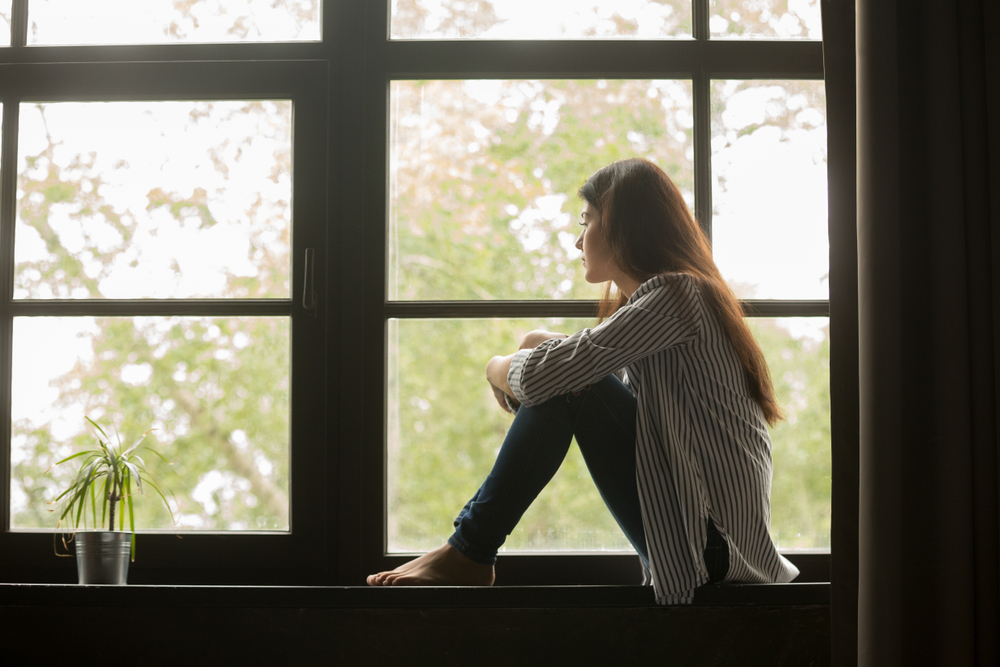There’s no question that the past few years will go down in history as being among the more turbulent times in American history. Civil unrest, a major pandemic, and a clear cultural divide between citizens have combined to create a cultural environment that’s unsettling at best — and downright scary at worst. People from all walks of life are finding themselves struggling with unprecedented amounts of stress and generally floundering with relationship, work, and general functionality issues. Constantly navigating an unknown new normal can sap the resilience out of the strongest people, and it’s not unusual for them to feel as if they’ll never be able to get up again after the recent blows they’ve been dealt.
If you’re among those in this position, you’ll be glad to know that strategies exist designed to help you overcome them and craft your own better, more robust new normal. Here’s what you need to do:

Practice Self-Care
Although it seems like a no-brainer, practicing self-care is often far more accessible to give lip service to than to put it into practice on a real-time basis. Because most people with work and home obligations tend to put their own needs at the bottom of their priority lists, self-care frequently goes by the wayside when the going gets tough. Over some time, this can build up to an unhealthy extent. Fortunately, there are many avenues available for those seeking to incorporate self-care into their daily routine. Self-care doesn’t have to be extravagant weekends at a spa or indulgent dinners in local fine dining spots — it can be as simple as spending a half-hour in a bubble bath with a glass of wine or taking a break from cooking by ordering dinner in.
The key is to practice self-care consistently rather than waiting until you feel as if you’re at the end of your rope.
Recharge Your Energy
In times of stress and crisis, most people tend to spend their energy in multiple ways, kind of like trying to dam up a flood by putting their fingers on small leaks. However, this soon leads to a feeling of total depletion, especially when there is no end in sight to the various crises at hand. Recharging means something different for everyone. Some of the various ways that people recharge include the following:
Connecting with nature regularly
Many modern people only connect with nature in any meaningful way when visiting an area with abundant natural beauty. Still, you don’t have to visit a National Park to get the benefits of spending time in nature or perhaps learn to garden. Spending 15 minutes a day in a small grove of trees or a grassy knoll next to a creek in a local park do the trick as well.
Getting physical
Few things get the endorphins flowing better than a round of physical exercise, whether it’s a visit to the gym, a home workout, or a brisk walk around the block or in the park.
Finding a creative outlet
Others find that taking up the creative pursuit of their choice is a great way to recharge their depleted batteries. Although brick-and-mortar learning options aren’t easily accessible thanks to the pandemic, there are plenty of online options available to those who want to learn how to get their creative juices flowing.
Recognize Your Strengths and Weaknesses
Everyone has unique areas in which they shine, and recognizing these helps people living through challenging times come through intact and perhaps even better off than before. If possible, concentrate your efforts on those areas in which you excel and leave the rest to someone else who has the required strengths for those activities.
Remember that authentic resiliency is a work in progress, and nurturing it is a lifelong process. It’s never too late to begin the path toward resiliency. After all, once we get used to whatever the new normal will be, another new normal will be on the horizon.

